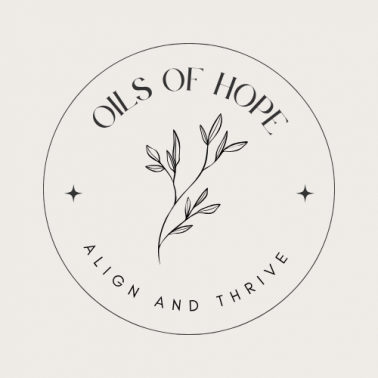Well, we had this night a few years ago, we were in the process to change our lives in a dramatic way, my husband was having his farewell party from his former employer and I was at home with our daughter, 15 years old back then. She got a heavy nosebleed that night, it hadn’t stopped after more than an hour, blood kept running down her throat into her stomach and I took her to the children’s hospital to stop the bleeding. It took some waiting but then we were in a treatment room and the very young doctor checked the bleeding and said matter of factly: „We have to cauterize the bleeding vessel, otherwise this won’t stop.“ I had no idea what that actually meant but I was about to find out, as was my poor daughter!
The process of cauterizing a blood vessel actually involves an instrument that uses electricity. And it does this in the extremely sensitive tissue of the nose. You could also say it’s a soldering iron on steroids. Needless to say, my daughter had to endure excruciating pain and the doctor wasn’t even particularly skilled with the device. It took all I had and the knowledge that I wasn’t able to stop the bleeding myself to not stop the process and and do something nasty to the doctor. The bleeding was stopped eventually, but today you would not see me going into a hospital for that kind of treatment again. Ever. There has to be another way. One of which we will talk about today.
Some essential oils have coagulating properties, meaning, they will promote blood clotting at your wounds, even while they are still bleeding. Here a the most important oils you should know about in that context:
1. Lavender Oil
Beyond its well-known calming properties, lavender oil can be beneficial for nosebleeds. The oil may help blood clotting, reduce inflammation, and promote healing. Its soothing qualities can also help calm nerves during a stressful moment. To use, dilute a few drops of lavender oil with a carrier oil like coconut or olive oil, and gently apply around the nostrils.
2. Helichrysum Oil
Known as the „immortal“ oil, helichrysum is particularly effective for bleeding issues. It supports rapid blood coagulation and can be helpful for those experiencing frequent nosebleeds. The oil may also reduce swelling and bruising. As with other essential oils, it should be diluted and can be applied around the nose or even directly onto the wound.
3. Cypress Oil
Cypress oil is especially useful for stubborn nosebleeds. It is believed to constrict blood vessels, potentially reducing blood flow. Commonly used in herbal remedies for various conditions, it can be used by inhaling a few drops placed on a tissue or cotton ball or by applying it directly near the area of bleeding.
4. Tea Tree Oil
Renowned for its antimicrobial properties, tea tree oil can be beneficial for nosebleeds caused by infections or environmental irritants by fighting the cause of the bleeding. It may help reduce inflammation and cleanse nasal passages, potentially preventing future bleeding episodes. Due to its potent nature, always dilute tea tree oil with a carrier oil before applying to the skin.
Remember, while these natural remedies can be helpful, they are not a substitute for professional medical treatment, especially for persistent or severe nosebleeds.
Be well and see you soon!

